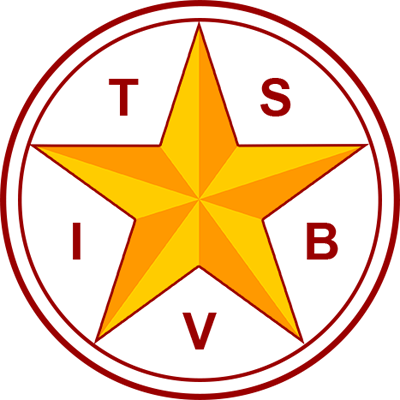Coffee Hour Archive
TSBVI Outreach Coffee Hour recordings are not eligible for delayed viewing credits. To earn CEUs for participating in upcoming sessions, please visit the current registration page.
Don’t Build Your House on the Sand: IEPs, PLAAFPs and Goals
Open captioned. When building a house, it’s important to build on a strong foundaiton so it doesn’t fall down later. Creating an IEP starts the same way--with strong statements of present levels that lead to pertinent and collaborative standards-based goals. As boring as this topic may sound, we'll have some fun this session while we review the necessary components for a strong and compliant foundation for students' IEPs.
Participants will:
• Know and understand the components of a PLAAFP statement
• Know and understand the components of goals for IEPs
• Describe the connection between PLAAFP statements, state standards, and goals, and how working collaboratively will benefit the process.
Supervising Teachers of Students with Visual Impairment? This Coffee Hour is for You!
Open captioned. Teachers of Students with Visual Impairment (TSVI's) have an untraditional role in districts ensuring educational access and instruction for students who are blind, low vision, and deafblind. This presentation will cover their role and responsibilities and ways you can support them; paving the way for you to become a SUPERvisor for your Super Teachers.
Let’s Be Real: Building and Maintaining Collaborative Relationships within the Team
Open captioned. Join us in kicking off the school year by exploring ways to build collaborative relationships with families and other educational members of your student’s team. We’ll talk about realistic strategies and approaches that maintain effective teaming throughout the busy school year.
Complex Learners: Setting Up for a Successful School Year
Open captioned. What creates a successful classroom for students with complex learning needs? In this session, Sara Kitchen & Sarah Mossberger will cover the most basic classroom strategies that allow for students to develop autonomy (I have a say), relatedness (I have positive relationships), and competence (I am successful).
Effective Itinerant Strategies (August 2023)
Open captioned. Rachel Collins began her teaching career as a deaf ed teacher in the local school district. She later became a teacher for students who are deafblind in a residential setting. However, she spent the majority of her teaching career as an itinerant teacher for students with visual impairments and deafblind specialist. She noticed that being a classroom teacher differs greatly from the itinerant role! Rachel Collins shares her experiences, some tips of the trade, and strategies that helped her navigate the Itinerant Teaching Role.
Get to the Point! – Succinct Communication with Educational Teams at the Beginning of the School Year
Effective communication with school staff at the beginning of the school year is always a challenge for itinerant TSVIs and COMS. Here are tips and strategies for quickly and effectively sharing information about your student with their educational team. Open captioned.
Promising Practices – Considerations for the Accessibility of Sign Language for Individuals with CVI
This presentation will discuss known implications of CVI as identified through research and shared lived-experiences. Considerations for the visual accessibility of sign language will be discussed as it relates to these visual behaviors, with an emphasis on thoughtful collaboration and a whole-child approach. Open captioned and ASL.
Orientation and Mobility Services for Individuals who are Deafblind – A Panel Discussion
A panel of COMS who serve individuals who are deafblind will be discussing topics within the field of deaflnind orientation and mobility. This will include the future of the field, strategies that are used, and what makes deafblind O&M unique. Open captioned and ASL.
Mental Health Matters – Stop Burnout and Move Forward in Healing
If you are feeling tired and low-energy, struggling to complete everyday tasks, feeling a general sense of apathy and cynicism, and experiencing frequent headaches then you may be experiencing burnout! Come learn more about burnout, why we experience it, and learn practical strategies to stop burnout in its tracks and take steps towards healing. Open captioned.
Active Learning Practices & Examples
Join us for this session to review active learning practices and examples from Patty Obrzut, MS, OTR, Executive Director of Penrickton Center for Blind Children. Open captioned and ASL.
